Accordingly, the control of tobacco products, whether cigarettes or new cigarettes, needs to be based on the level of toxicity, meaning the more harmful the product is, the more strictly it is managed.
Taking global trends and domestic practices as the basis for management
Regarding the management of new tobacco products, at the seminar, experts emphasized the need to look at it from multiple perspectives instead of just focusing on the economic or health aspects. From an economic perspective, Dr. Nguyen Minh Phong, former Head of the Economic Research Department, Hanoi Institute for Socio-Economic Development, analyzed Vietnam's advantages when 184 countries have gone ahead in managing heated tobacco products (TLNN).

Seminar "Proposing new generation tobacco management policy".
From there, Dr. Phong suggested: "We must use the majority to verify. When we are not strong enough to verify, how many countries support and how many countries oppose out of the total number in the world , we follow the majority."
In addition, from the consumer perspective, according to Ms. Nguyen Quynh Lien, Head of the Department of Democracy, Supervision and Social Criticism, Central Committee of the Vietnam Fatherland Front , "Consumers need to have enough information and conditions to consider and decide whether to choose or not and to what extent to use it."
According to Dr. Phong's assessment, the limitation of the domestic management situation lies in the fact that the product quality or production process has not been comprehensively managed by the State, although it is closely linked to consumer demand. "This is a measure showing that the vision, capacity, management responsibility as well as management efficiency have not reached the level, still leaving a part out of observation, while the State is the comprehensive manager," Mr. Phong stated his opinion.
Bottlenecks for new tobacco policy: Capacity or responsibility?
Analyzing the bottleneck in the lack of consensus between the Ministry of Health and the Ministry of Industry and Trade, Mr. Phong said that the Ministry of Health's ban proposal is reasonable from the perspective of concerns about the consequences for public health. According to Mr. Phong: "The Ministry of Health's proposal to ban is also to reduce potential harm, and at the same time reduce their responsibility."
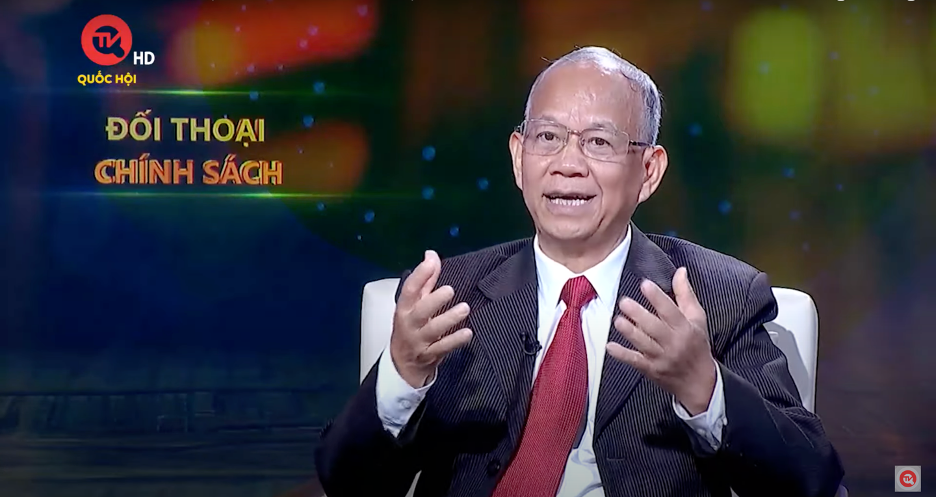
Dr. Nguyen Minh Phong, former Head of Economic Research Department, Hanoi Institute for Socio-Economic Development Research.
However, the Ministry of Industry and Trade also has grounds to propose management for the purpose of meeting market demand and ensuring the State economy. Because according to the Investment Law, tobacco is a conditional business line, meeting consumer demand, so it needs to be legalized to prevent illegal use.
According to experts, TLNN should be recognized and strictly controlled as it is applied to traditional cigarettes, in order to balance the interests of all parties, including society, users, the community and the State budget. In addition, having an appropriate legal framework will enhance the responsibility of smokers towards the health of the community and themselves, such as not smoking in public places, near schools, hospitals, etc.
In terms of capacity and internal strength, Ms. Lien emphasized: "In terms of organizational structure and enforcement mechanism, we do not lack. We have agencies for tobacco management, import and export, tax, customs, market management, specialized police force, and even a Steering Committee for preventing smuggling crimes, which is Committee 389."
Also at the discussion, Mr. Le Dai Hai, Deputy Director of the Department of Civil and Economic Law, Ministry of Justice, said that "management is not a difficult problem", because we can manage this item with labels, similar to cigarettes. This method helps solve the problem of distinguishing between legal products and smuggled products: "If TLNN is recognized, it will be granted a license for import quantity, and when brought into the country, it will also be tested and labeled. After being labeled and tested as genuine goods, and the quality is controlled, it will be put into circulation on the market. Anything without a label is smuggled goods, and law enforcement agencies will confiscate and destroy it."
Mr. Hai also analyzed that it is necessary to look at the legal system in a comprehensive way. The Investment Law has included tobacco in the list of conditional business lines, and assigned the Government to regulate management conditions. Thus, from the Investment Law, if TLNN is determined to be a tobacco product, the Government can amend Decree 67/2013/ND-CP to apply management conditions for traditional tobacco to TLNN.
Up to now, the World Health Organization (WHO) has recognized TLNN as tobacco, with recommendations for member countries to manage it according to local laws. In terms of toxicology, there is no scientific basis to prove that TLNN is more toxic than cigarettes.
Based on the above data, experts recommend that instead of following the "mistakes" of the minority of countries that are "losing revenue and making up expenses" due to the ban, Vietnam should take advantage of being a latecomer. Accordingly, it is advisable to refer to and apply the approaches of countries that have successfully controlled TLNN. This is also a step to improve Vietnam's capacity to integrate into the international trend.
Source: https://www.baogiaothong.vn/viet-nam-co-loi-the-cua-nguoi-di-sau-trong-kiem-soat-thuoc-la-moi-192241008111853803.htm




![[Photo] Prime Minister Pham Minh Chinh attends the 5th National Press Awards Ceremony on preventing and combating corruption, waste and negativity](https://vphoto.vietnam.vn/thumb/1200x675/vietnam/resource/IMAGE/2025/10/31/1761881588160_dsc-8359-jpg.webp)
![[Photo] Da Nang: Water gradually recedes, local authorities take advantage of the cleanup](https://vphoto.vietnam.vn/thumb/1200x675/vietnam/resource/IMAGE/2025/10/31/1761897188943_ndo_tr_2-jpg.webp)


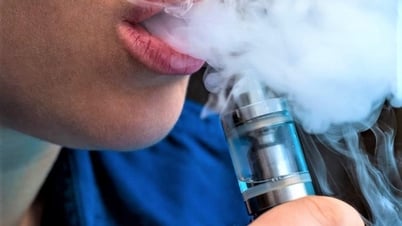



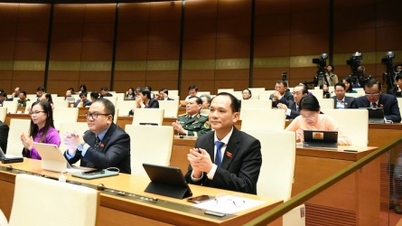





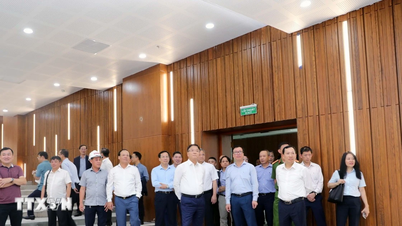



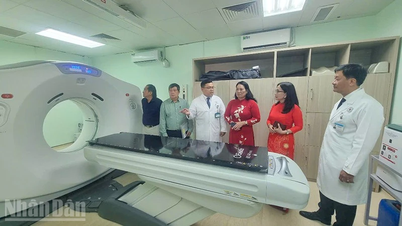

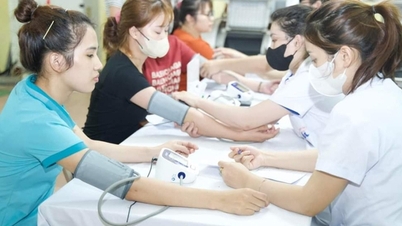


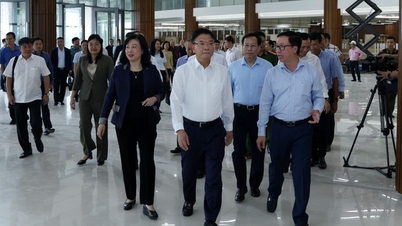










































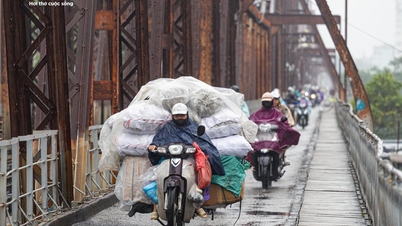
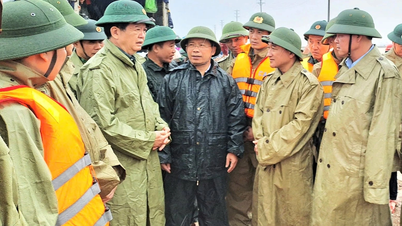
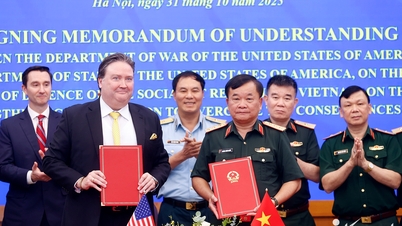




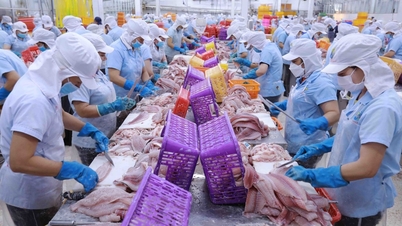
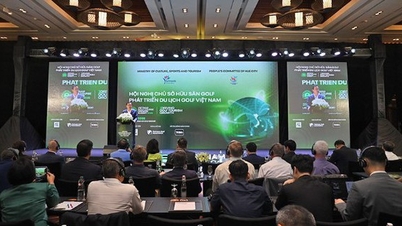

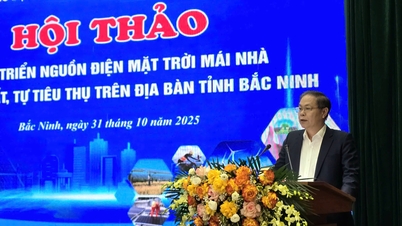
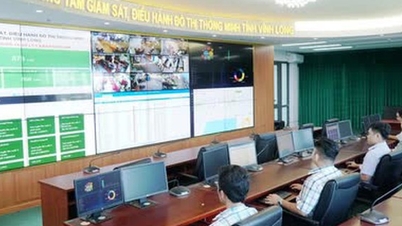






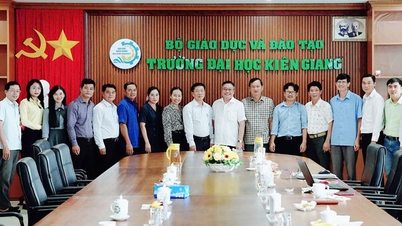
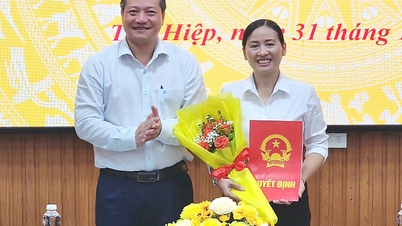



















Comment (0)